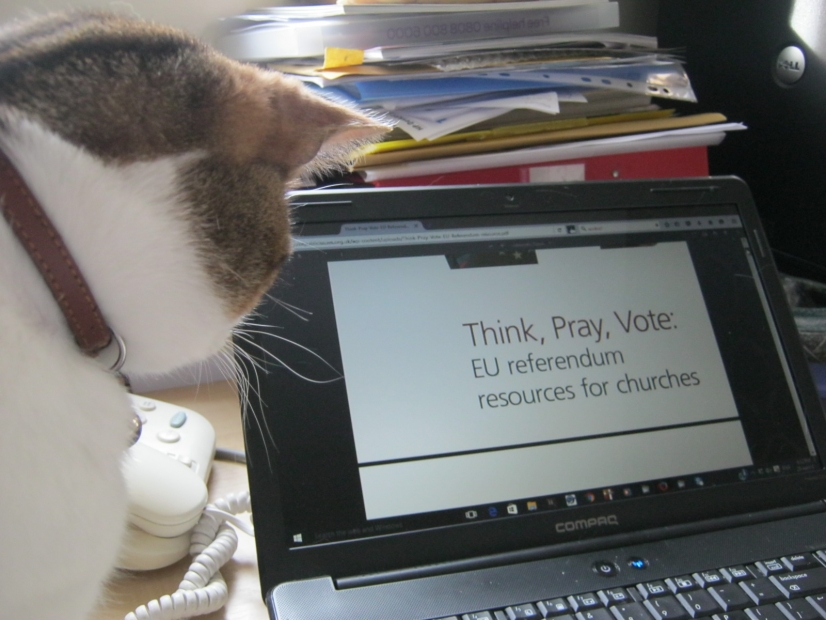Bird of Paradise flower, Madeira, 2013.
Another "AD" holiday with another friend.
In the "BC" days I never went overseas on holiday, partly because I love exploring the UK (and have seen far more of it than most people I know) and partly because I mostly took solo holidays (which I also love, and to an quite an extent miss) so was not really confident to go so far afield. What a lot has changed!
This friend I met back in the early 1980s when we worked in the same office in Derby. Like all of my long term friendships, we have each seen our share of struggle and pain along the way, and we have also loved and laughed. This friend is definitely my 'overseas travel' buddy, and we continue to share plans for more adventures in the coming months.
Madeira was our second overseas jaunt, having previously been to Hungary (no great nature photos from there for some reason) and it ended up with an extra day when rain closed the airport...!



